S5 | 426: Print media in an omnichannel world with Curtis Tingle, CMO at Vericast
About the Episode
Today we’re going to talk about the role of print media in a digital world, and why it’s important to not overlook valuable channels that your customers value.
To help me discuss this topic, I’d like to welcome Curtis Tingle, CMO at Vericast.
About Curtis Tingle
As chief marketing officer at Vericast, Curtis leads the company’s marketing organization with a keen sense of innovation, client focus and clear vision. He partners with sales to deliver proven, integrated marketing programs that drive consumer activation for clients and leverages shopper insights to inspire the evolution of Vericast’s intelligent media delivery portfolio. He’s been with the company since 1997 and has excelled in the areas of driving client success, activating consumers, strategic thinking, cross-functional team leadership and business development. He is a recognized expert on promotional strategy, data intelligence, coupon trends and the ever-changing consumer path to purchase.
Resources
Vericast website: https://www.vericast.com
The Agile Brand podcast website: https://www.gregkihlstrom.com/theagilebrandpodcast
Sign up for The Agile Brand newsletter here: https://www.gregkihlstrom.com
Get the latest news and updates on LinkedIn here: https://www.linkedin.com/company/the-agile-brand/
For consulting on marketing technology, customer experience, and more visit GK5A: https://www.gk5a.com
The Agile Brand podcast is brought to you by TEKsystems. Learn more here: https://www.teksystems.com/versionnextnow
The Agile Brand is produced by Missing Link—a Latina-owned strategy-driven, creatively fueled production co-op. From ideation to creation, they craft human connections through intelligent, engaging and informative content. https://www.missinglink.company
Synopsis
In this episode, the importance of having partners who can provide accurate data for audience targeting and measuring marketing campaign impact is discussed. It is emphasized that accountability in marketing campaigns and achieving desired results rely heavily on having the right data.
The transcript highlights that data and measurement are crucial in today's digital age of marketing. Good data is essential for effective personalization in both digital and print media. However, measuring the impact of print media poses challenges due to the limited availability of analytics and data collection methods compared to digital platforms.
To overcome these challenges, brands are actively seeking partners with the appropriate MarTech stack that enables them to deliver personalized ads while safeguarding customer privacy. This underscores the significance of finding partners who can provide the necessary data and tools to accurately measure marketing campaign impact.
Overall, the episode underscores the importance of partnering with data providers to set up audiences and measure the impact of marketing campaigns, regardless of the medium used, be it digital or print.
The podcast also highlights the customer response to print advertising, using the example of a regional supermarket that reinstated print circulars due to customer demand. The episode mentions that this supermarket initially discontinued print circulars but had to reverse that decision because of the strong reaction from customers. It is revealed that seven out of ten consumers rely on print circulars to plan their grocery shopping, and the supermarket experienced a 14% decline in foot traffic in the first market where they stopped using print advertising, while their competitors saw growth. This suggests that customers highly value and depend on print advertising when it comes to planning their shopping and making purchasing decisions. The episode further emphasizes that consumers trust print ads, with 75% expressing trust in them. Additionally, consumers tend to keep the ads they receive in the mail for an average of 11 days, allowing for more interaction and a lasting impression. These examples clearly demonstrate that customers have a preference for print advertising and are responsive to its influence.
According to the episode, print advertising offers a unique tactile experience for consumers, setting it apart from other forms of media clutter. The physical nature of print allows consumers to engage with the material, and the journey from the mailbox to the recycling bin is seen as an opportunity for brands to make an impression. Consumers are more likely to retain print inserts, especially if they contain deals or offers. This presents a valuable opportunity for marketers to leverage better data and create more relevant campaigns. By personalizing print ads, brands can deliver precise one-to-one messaging or broader audience-targeted messaging. The episode suggests that print advertising can drive performance because consumers actively engage with it. Additionally, the episode highlights the trust factor associated with print advertising, with 75% of consumers trusting the ads they see in print. This trust leads consumers to keep the ads they receive in the mail for an average of 11 days, providing ample time for interaction and a lasting impression. Overall, when combined with better data and relevant campaigns, print advertising can provide a unique and impactful experience for consumers.
Curtis Tingle, CMO, Vericast


